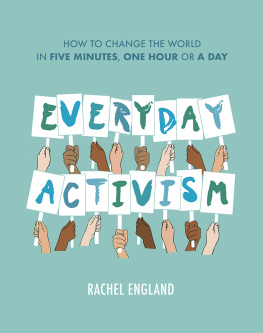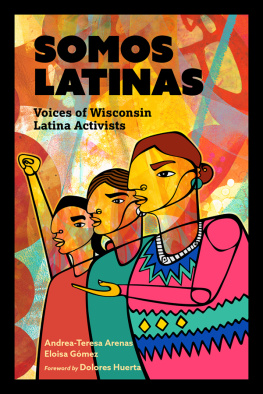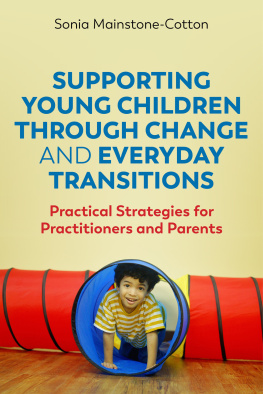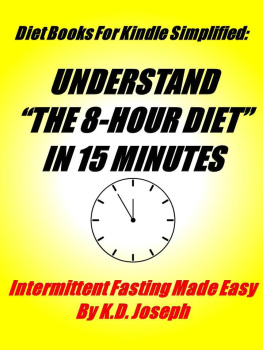HarperCollinsPublishers
1 London Bridge Street
London SE1 9GF
www.harpercollins.co.uk
HarperCollinsPublishers
1st Floor, Watermarque Building, Ringsend Road
Dublin 4, Ireland
First published by HarperCollinsPublishers 2021
FIRST EDITION
Rachel England 2021
Illustrations Shutterstock.com
Cover layout design HarperCollinsPublishers Ltd 2021
Cover photograph Shutterstock.com
A catalogue record of this book is available from the British Library
Rachel England asserts the moral right to be identified as the author of this work
All rights reserved under International and Pan-American Copyright Conventions. By payment of the required fees, you have been granted the nonexclusive, non-transferable right to access and read the text of this e-book on screen. No part of this text may be reproduced, transmitted, downloaded, decompiled, reverse engineered, or stored in or introduced into any information storage retrieval system, in any form or by any means, whether electronic or mechanical, now known or hereinafter invented, without the express written permission of HarperCollins e-books.
Find out about HarperCollins and the environment at
www.harpercollins.co.uk/green
Source ISBN: 9780008434113
Ebook Edition April 2021 ISBN: 9780008434120
Version: 2021-03-05
This ebook contains the following accessibility features which, if supported by your device, can be accessed via your ereader/accessibility settings:
- Change of font size and line height
- Change of background and font colours
- Change of font
- Change justification
- Text to speech
- Page numbers taken from the following print edition: ISBN 9780008434113
Lets face it, the planet is not in a good way at the moment. Unless youve spent the last several decades hiding in a cave (and who would blame you?), it cant have escaped your notice that things in general arent in the greatest state. Scientists are issuing increasingly stark warnings about changes in the climate, human rights across many parts of the world seem to be moving backwards instead of forwards and years of political ignorance have only served to highlight huge discrepancies in equality and justice across the board. It all paints a depressing picture!
But whats to be done about it all? What difference can we, as individuals, really make? Its a question weve all asked ourselves: simply, whats the point in trying to rectify these huge problems? We cant all be Greta Thunberg or Malala Yousafzai, after all, so its easy to sink into futility and grudgingly accept that this is just how things are.
This is the problem with thinking on such a grand scale it can be debilitating. The larger the goal preventing climate change, ending racial bias, achieving human rights for all the greater the change thats needed and the less we believe were capable of achieving it. Smaller goals, however more manageable actions now theyre doable, but do they have any impact?
Yes! They do. Because every time we think our own little actions dont matter, were not alone in having that thought. Its important to remember that there are seven billion of us on this planet and when just some of us take these small steps, big things can happen. As life is so online these days, when enough voices come together, the capitalist giants who, sadly, run this world have no choice but to listen to us.
Companies and brands are more responsive to people power in this digital age theyre sensitive to public pressure and want to preserve their reputations. So when big pockets of their customer base (aka their income stream) start making a fuss about something, they cant ignore it. In 2018, for example, a bunch of US airlines, car rental companies and hotel chains announced they would no longer be offering special deals or discounts to members of the National Rifle Association (NRA) following lobbying from gun-control advocates. Granted, it wasnt an earth-shattering move, but it sent an important message amid Americas ongoing firearm problem, so it was a step in the right direction and it simply wouldnt have happened without people power. It wasnt just one person who drove that change it was thousands, all writing letters, raising awareness and voting with their wallets.
The same is true of designer jewellery brand Cartier, which vowed to drop Myanmars genocide gems following a sustained boycott campaign against the company in 2017. Ditto SeaWorld, which ended its captive orca breeding programmes in 2016 following public pressure, and Nestl, which in 2010 promised a zero-deforestation policy in its palm-oil supply chain after Greenpeaces awareness campaigns sparked massive global outcry. In 2010, meanwhile, wholesale garment maker Fruit of the Loom crumbled in the face of an enormous student boycott, reopening a Honduran factory it had closed after its workers had unionised. Incredibly, the brand also gave all 1,200 employees their jobs back, awarded them $2.5 million in compensation and restored all union rights. Thats people power in action.
These are all examples of major global campaigns, but the inspirational and motivational impact of their success cant be underestimated. If activism can take on the likes of Nestl, then it can certainly take on smaller Goliaths. Plans for a proposed coal power plant in the Turkish village of Yirca, for example, were scrapped in 2014 when residents mobilised to save the olive groves that would be destroyed in its development. In 2015, in the Sussex village of Balcombe, a sustained and well-televised campaign against fracking led to the creation of community-owned clean energy initiative REPOWER Balcombe. There are many, many more examples of successful collective action on a local level throughout the world.
And there is proven theory to back this up. A Harvard University research paper by political scientist Erica Chenoweth indicates that it takes around 3.5 per cent of a population to actively participate in a protest to drive meaningful political change. On a national level, thats still a lot around 2.3 million people in the UK (roughly twice the size of Birmingham) or 11 million in the US (more than the population of New York City). But on a local level and in smaller communities, which are often more cohesive, that 3.5 per cent rule is much more practicable.
Of course, its easy to wax lyrical about this kind of people power when everyone is working towards a tangible goal when an objective can be achieved and the issue finally resolved with a campaign win or a companys change of tack. But the very sprawling and unwieldy nature of our biggest challenges mitigating climate change, addressing human rights imbalances, and so on means that on an individual level, we often cant see the impact or outcome of our behaviours. Out of which comes the why bother? dilemma. But again, we have to remember that none of us is going to save the world single-handedly (probably). Change whether we can see it or not comes from everyone playing their part.
Take the incredibly dull job of doing the laundry, for example. Line-drying your clothes outside during the summer, instead of using a tumble dryer, will save around 30 a year on your electricity bill and 90kg in CO emissions.).
But lets forget statistics and numbers for a minute. What it all ultimately comes down to is not why? but rather why not? Especially since as youll see in this book there are so many things you can do to help make the world a better place that dont require much effort at all. And if we all do them, change in all metrics can and will happen. There is strength in numbers, particularly in this digital life where people can share their thoughts and beliefs with potentially huge audiences easily and instantly, and as trust in brands and more traditional institutions like media or government nosedives when people are increasingly making decisions based on the influence of their peers and others like them.










